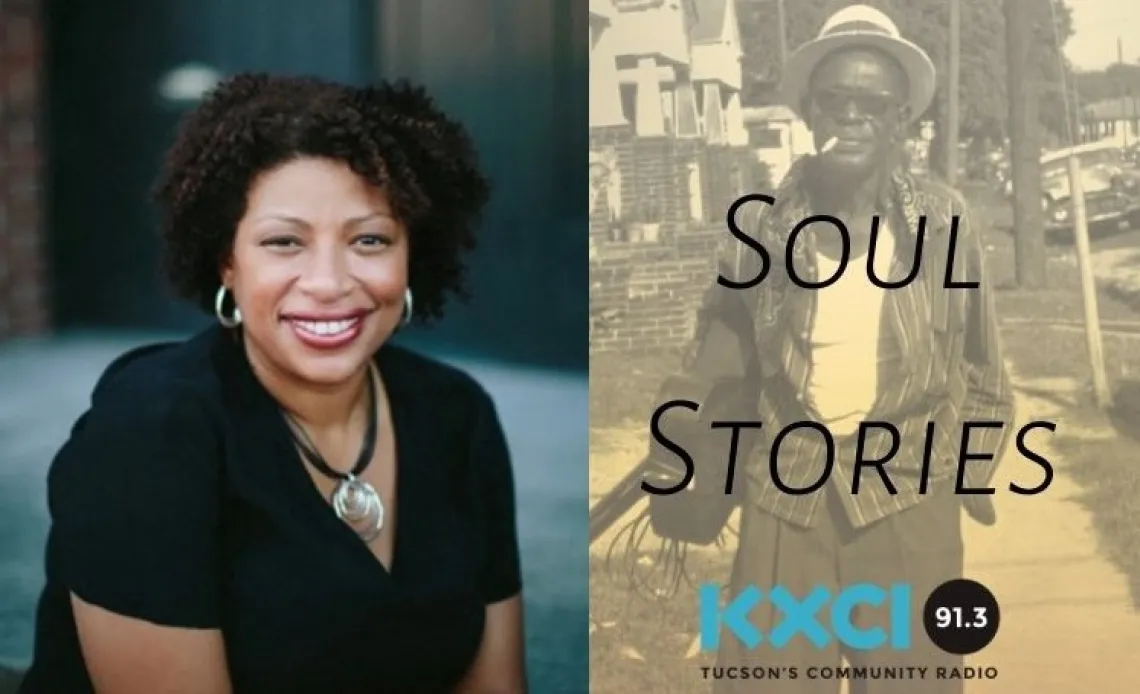Historian Tyina Steptoe's "Soul Stories" Moves to Saturdays on KXCI

“Soul Stories,” a KXCI radio program hosted by University of Arizona historian Tyina Steptoe, has recently moved from Monday nights to Saturdays at 2 p.m.
In Soul Stories, Steptoe spotlights a new dimension of R&B/soul music each week, from its foundation in blues and gospel to the many offshoots that have emerged since the late 1940s. The program also highlights important themes in soul music history, and shine a spotlight on the soul music scenes in different places and times.
About Tyina Steptoe
Tyina Steptoe, an associate professor in the Department of History, writes and teaches about race, gender, and culture in the United States. Her award-winning book, Houston Bound: Culture and Color in a Jim Crow City, examines how the migration of Creoles of color, ethnic Mexicans, and black East Texans complicated notions of race in Houston between the 1920s and 1960s. The book also uses music to examine these racial complexities, tracing the emergence of Houston's blues and jazz scenes as well as the hybrid forms of these genres that arose when migrants forged shared social space and carved out new communities and politics. Her latest project explores the history of sexuality and gender in popular music.
Steptoe has recently written about music and race for The Conversation:
“’What’s Going On’ at 50 – Marvin Gaye’s Motown class is as relevant today as it was in 1971" (5/20/21)
Professor Steptoe Featured in Downtown Lecture Series on Music
Music has long been a place of polyculturality, the blending of cultures. In this SBS Downtown Lecture talk, Tyina Steptoe examined the complexities of cultural blending at work in gospel, rhythm & blues, rock & roll, and pop music, including discussions of race, gender, and queerness. Using examples from Little Richard to Selena and Beyoncé, she illuminated how and where polycultural music emerges and how these sounds can shape the social and economic landscapes of communities of color.

